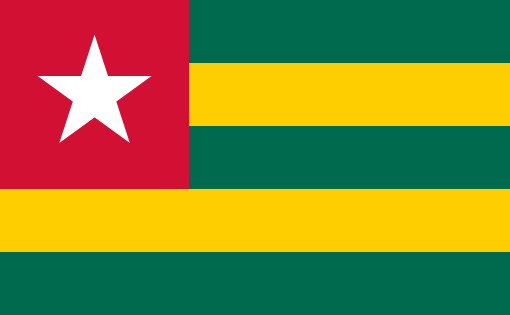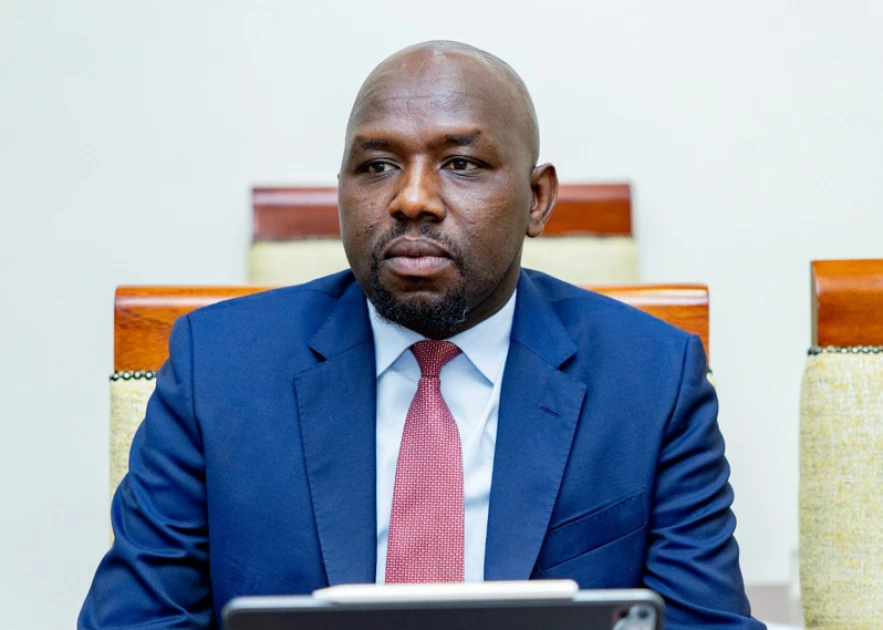Legislators ratified a new constitution late on Monday, March 25, which moves the West African country from a presidential to a parliamentary government.
The constitution was proposed by members of the ruling party.

The opposition in the nation is underrepresented in the national assembly; it abstained from the most recent legislative elections in 2018 and has lately criticised “irregularities” in the electoral census.
The president of the republic will be chosen by lawmakers for a single, six-year term, which is one of the primary reforms brought about by the new constitution.
Additionally, the post of “president of the council of ministers” was created.
Its holder will have full authority and power to manage and the affairs of the government will be vested in it.
The leader of the party which secures the majority during the legislative session will serve as the president of the council of ministers.
The president of council of ministers will hold office for a period of six years.
For a six-year renewable term, members of the legislature will be chosen by secret, universal, direct universal suffrage.
Parts of the new Constitution were passed by legislators whose terms were ending at the end of last year.
It not clear when the changes will be implemented.
The next regional elections and the parliamentary election are scheduled for April 20.
There are about 4.2 million registered voters in Togo.
The Gnassingbe clan has dominated Togo’s recent history since its establishment in 1967.




















